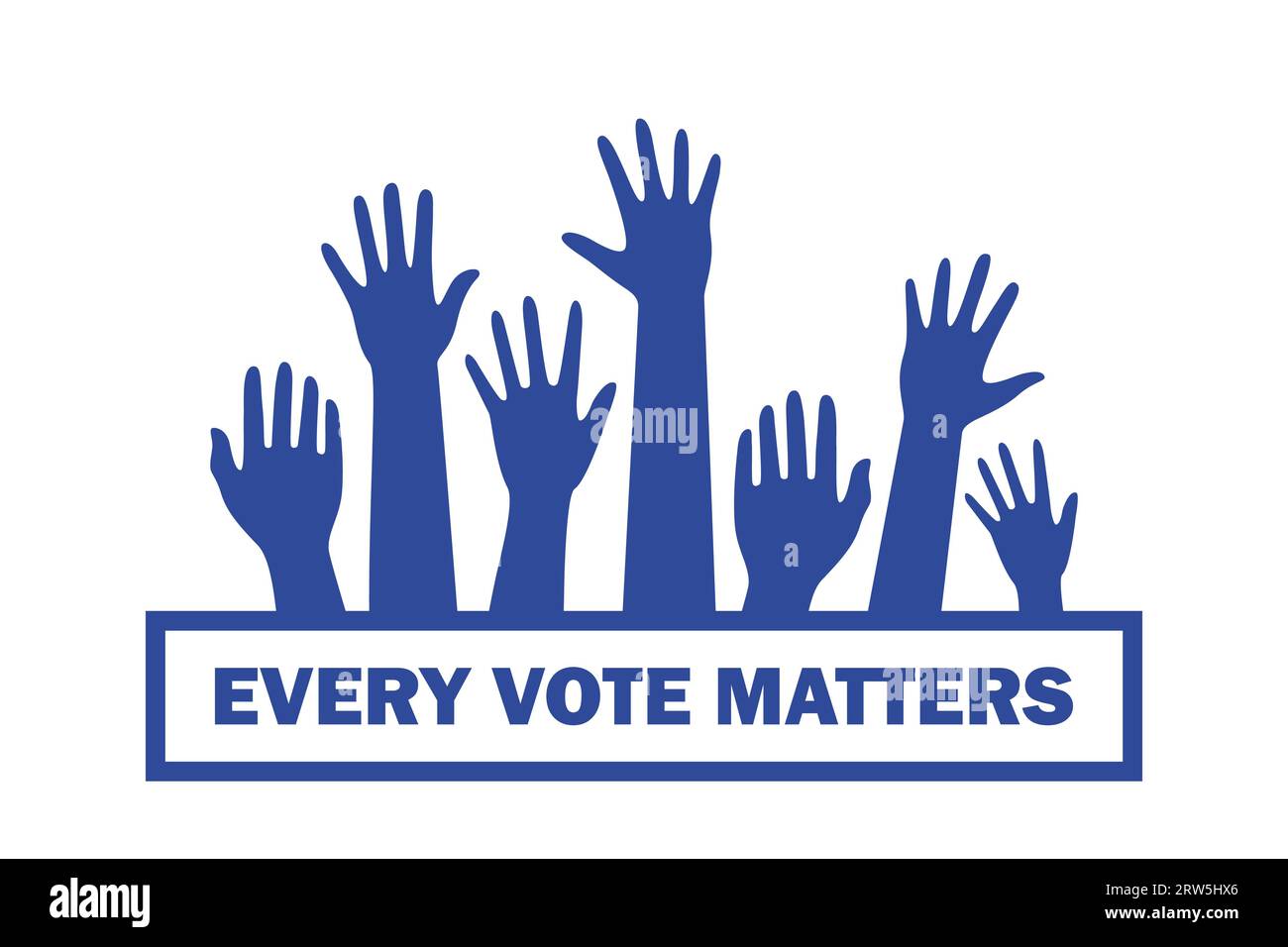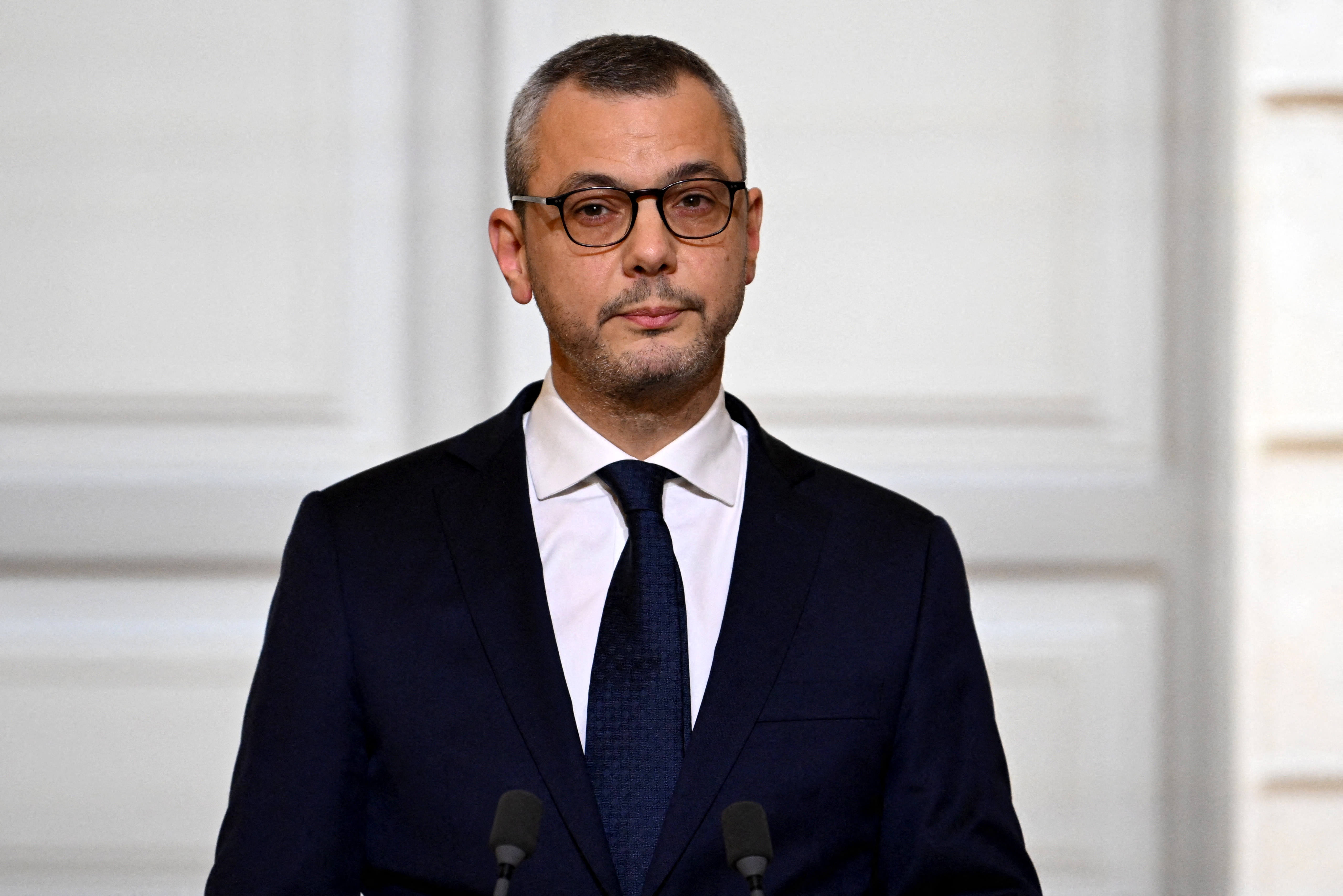Your Vote Matters: The German Election And Its Potential Impact

Table of Contents
Key Contenders and Their Platforms
The German electoral landscape is diverse, with several key parties vying for power. Understanding their platforms is essential for informed voting.
The CDU/CSU (Christian Democratic Union/Christian Social Union)
The CDU/CSU, traditionally a center-right party, prioritizes economic stability and fiscal conservatism. Their platform emphasizes maintaining a strong economy through responsible financial management and balanced budgets. Key policy areas include:
- Economic Stability: Focus on controlled government spending, tax cuts for businesses, and attracting foreign investment to stimulate economic growth.
- Social Policies: Support for families through subsidies and tax breaks, while advocating for reforms to the social security system to ensure its long-term viability.
- European Integration: Strong commitment to the European Union and a collaborative approach to European challenges.
- Immigration: Advocates for controlled immigration, emphasizing integration efforts and stricter border controls.
- Climate Change: While acknowledging the need for climate action, they generally favor a more gradual transition to renewable energy compared to other parties.
Prominent figures within the CDU/CSU include Armin Laschet and Markus Söder.
The SPD (Social Democratic Party)
The SPD, a center-left party, champions social justice and economic equality. Their platform focuses on strengthening social safety nets and promoting fair wages and working conditions. Key planks include:
- Social Justice: Emphasis on a strong welfare state, affordable healthcare, and robust social security programs.
- Economic Equality: Support for higher minimum wages, stronger worker's rights, and progressive taxation to reduce income inequality.
- Climate Action: Ambitious climate protection goals, advocating for rapid expansion of renewable energy and significant investments in green technologies.
- Healthcare: Commitment to a universal and accessible healthcare system, ensuring quality care for all citizens.
- Immigration: Generally supportive of immigration, with a focus on efficient integration programs and fair asylum policies.
Prominent figures within the SPD include Olaf Scholz.
The Greens (Bündnis 90/Die Grünen)
The Greens prioritize environmental policy and climate protection. Their platform focuses on transitioning to a sustainable economy and achieving ambitious climate goals. Key areas include:
- Environmental Policy: Stricter environmental regulations, investment in public transportation, and a push for sustainable agriculture.
- Renewable Energy: Rapid expansion of renewable energy sources, phasing out coal-fired power plants, and promoting energy efficiency.
- Climate Protection: Ambitious targets for emissions reductions, and a commitment to international cooperation on climate change.
- Social Justice: Integration of environmental and social justice concerns, ensuring a just transition to a green economy.
Prominent figures within the Greens include Annalena Baerbock and Robert Habeck.
Other Significant Parties (AfD, FDP, Die Linke)
Several other parties play significant roles in the German political landscape. The Alternative for Germany (AfD) is a right-wing populist party, while the Free Democratic Party (FDP) is a liberal party, and Die Linke is a left-wing party. Their platforms offer distinct policy alternatives impacting the German election outcome. Understanding their positions on key issues is crucial for a comprehensive understanding of the election.
Major Election Issues Shaping the Debate
The German election campaign is dominated by several key issues.
The Economy and its Recovery Post-Pandemic
The COVID-19 pandemic dealt a significant blow to the German economy. The parties offer varying approaches to recovery:
- Economic Growth: Strategies for stimulating economic growth, job creation, and boosting exports.
- Fiscal Stimulus: Debates over the scale and scope of government spending to support economic recovery.
- Debt Management: Differing views on how to manage rising national debt in the aftermath of the pandemic.
Climate Change and Environmental Policy
Climate change is a central issue, with parties offering diverse approaches:
- Renewable Energy Transition: Differing timelines and approaches to transitioning to a renewable energy system.
- Emissions Reduction Targets: Debate over the ambition of emissions reduction targets and the policies needed to achieve them.
- Environmental Sustainability: Strategies for promoting environmental protection and sustainable economic growth.
Immigration and Integration
Immigration remains a contentious issue. The parties differ on:
- Immigration Policy: Approaches to managing immigration flows and integrating newcomers into German society.
- Refugee Resettlement: Policies regarding the resettlement of refugees and asylum seekers.
- Integration Programs: Differing views on the effectiveness of integration programs and the resources allocated to them.
The Impact of the German Election on Europe and the World
The outcome of the German election will have significant ramifications for Europe and the global community.
EU Policy and International Relations
Germany's role within the European Union and its foreign policy will be significantly shaped by the election results.
- European Union: Different parties hold varying views on the future of the European Union and Germany's role within it.
- Foreign Policy: Approaches to foreign policy, including relations with the United States, Russia, and other key international partners.
Conclusion:
This German election is pivotal. The outcome will significantly shape Germany's domestic policies and its role on the world stage. Understanding the platforms of the key contenders and the major issues at stake empowers you to make an informed choice. Your vote matters; participate in the German election and help shape the future. Learn more about the candidates and their policies to make your voice heard in this crucial German election. Don't forget to register and cast your vote! Your engagement in the German electoral process is essential.

Featured Posts
-
 Alexis Kohler Rejoint La Societe Generale L Opinion Confirme
May 14, 2025
Alexis Kohler Rejoint La Societe Generale L Opinion Confirme
May 14, 2025 -
 Arsenal And The Premier League Star The Ornstein Report
May 14, 2025
Arsenal And The Premier League Star The Ornstein Report
May 14, 2025 -
 Luksuzne Patike Inspirisane Novakom Okovi Em Preko 1 500 Evra
May 14, 2025
Luksuzne Patike Inspirisane Novakom Okovi Em Preko 1 500 Evra
May 14, 2025 -
 Rhlt Sylyn Dywn Mn Ywrwfyjn Ila Alealmyt
May 14, 2025
Rhlt Sylyn Dywn Mn Ywrwfyjn Ila Alealmyt
May 14, 2025 -
 Netflix Fans Rave Over Vince Vaughns Star Studded New Drama
May 14, 2025
Netflix Fans Rave Over Vince Vaughns Star Studded New Drama
May 14, 2025
